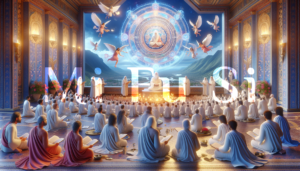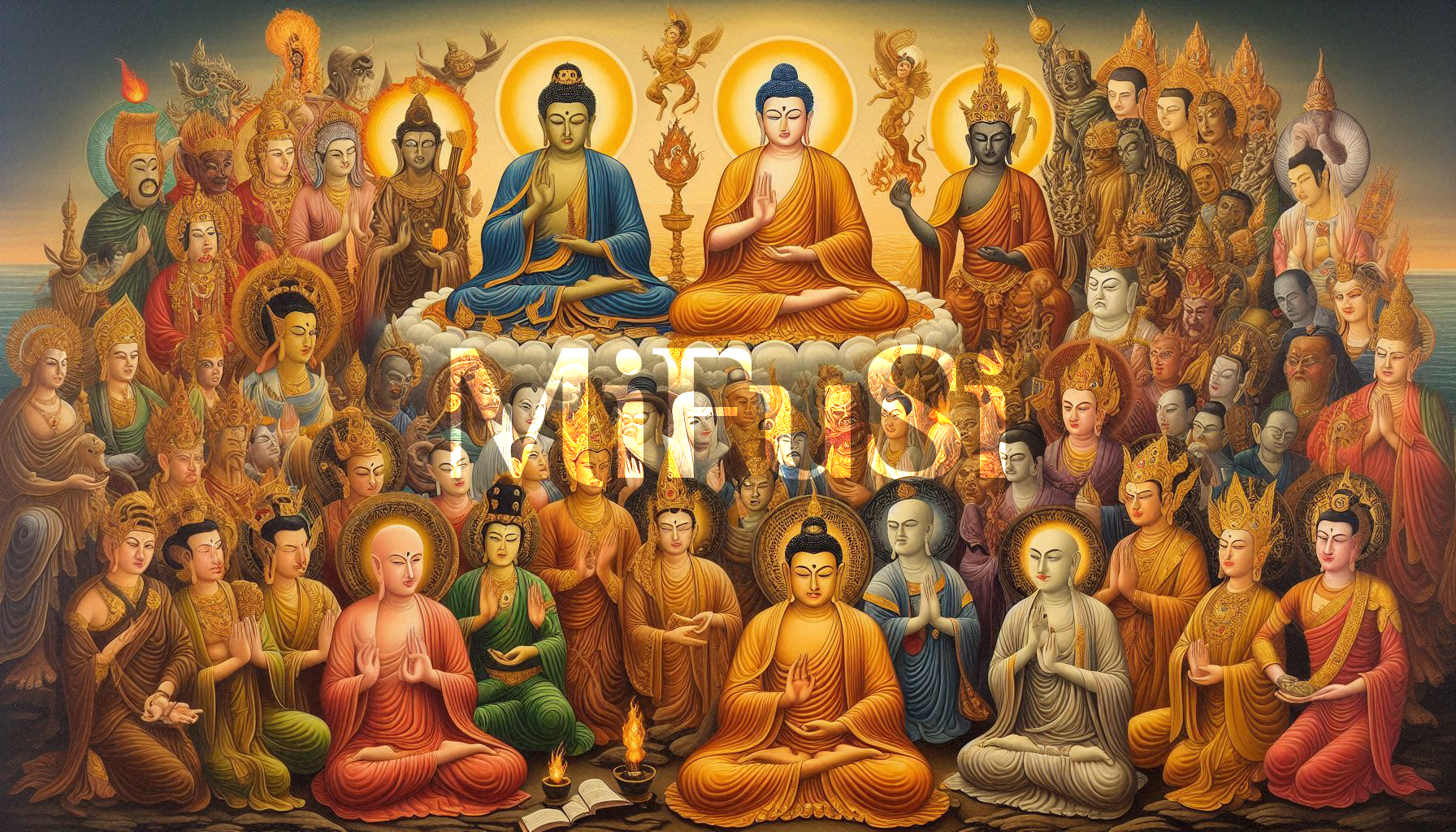Atheism vs Blind Believer
The issue of Faith in major religions
The concept of faith varies significantly across major religions. In Theravada Buddhism, Sakyamuni Buddha is revered as the supreme being, while figures like Kwan Yin Bodhisattva and Amitabha Buddha, along with other Buddhas of Mahayana doctrine, are considered malevolent entities due to their absence in the original Buddhist scriptures.
Conversely, Mahayana Buddhists regard Theravada practitioners as ignorant and narrow-minded individuals, viewing them as outsiders with inflated egos. Furthermore, Buddhism, in general, perceives Hinduism, Judaism, and Christianity as misguided, primarily because Buddhism rejects the notion of a singular, all-powerful creator deity, deeming such beliefs as fundamentally flawed.
Christianity is characterized by various denominations, primarily Catholics and Protestants. One notable difference lies in their beliefs regarding the Virgin Mary, with Catholics venerating her while Protestants do not. Moreover, certain Protestant denominations assert that Jesus is not only the Son but also the Creator of all things, challenging the traditional Trinity doctrine of the Father, Son, and Holy Spirit.
In Judaism, Jesus is not recognized as the Creator or the Messiah (Savior). Consequently, Jewish priests historically accused him and sought his crucifixion due to these theological disparities.
Islamic doctrine regards Abraham as the first prophet, followed by Jesus as the second, and Muhammad as the third and final prophet, granting Muhammad a monopoly on the prophetic title. Despite both Islam and Christianity worshiping the same Creator, historical conflicts such as the Crusades have led to violence between them, continuing to the present day.
In Brahmanism and Hinduism, belief centers around Brahma (the Creator), Vishnu, and Shiva. They disregard figures like Sakyamuni Buddha, Jesus, and Muhammad as latecomers unworthy of attention.
In essence, every religion perceives others as malevolent. Discussion based solely on faith among fanatics and chauvinists results in endless, unresolved arguments. While religious teachings advocate love and compassion, religion itself often becomes a source of hostility and violence.
Therefore, the study of religion should not rely solely on faith but rather on reason and a scientific approach. Truth must be valued, and compassion practiced. If religious doctrines are rife with dogma and superstition, Karl Marx’s assertion that “religion is the opium of the people” holds some truth.
It’s preferable to be an atheist than a blind believer. At least atheists lack hatred and do not kill in the name of religion or God.
Revised 3/7/24
Related Post

Chapter VI: III – Ucchusma On The Supernatural Power That Stops Hundreds Of Transformations
III. Ucchusma On The Supernatural Power That Stops Hundreds Of Transformations. North India, Samana Ajitasena brought over this Sutra under...

The Enchanted Dagger
The Enchanted Dagger BÌNH LUẬN: Cây đao phép (D.Neel); by XuanThu on Mon Jan 19, 2009 2:16 pm. (Excerpt from...

The initation Rites for a child’s soul
The initation Rites for a child's soul Vong Trạng xin điểm đạo by XuanYen on 16 Dec 2009, 11:42; Translated...

Chapter I: III – Abhisekha (Part 3/6)
III. ABHISEKHA – (Guan Ding - Initiation or empowerment ceremony) By Indian tradition, Abhisekha, the empowerment ceremony, is done by...

MY AUNT’S SPIRIT POSSESSION
MY AUNT'S SPIRIT POSSESSION (Quỷ nhập- Câu chuyện ôn tập lời dạy của Tổ, Thầy by Bạch Hạc on Wed...

Pros and cons of Old Guru Secret Teaching
Pros and cons of Old Guru Secret Teaching (Lý luận về Mật tông Thiên Đình by Mộc Trúc on Fri...

A grandchild from the future
A grandchild from the future Đứa cháu ở tương lai by kiemmadocco on Dec 05, 2017 at 8:57 pm. Translated...

3 failed attempts at getting the Celestial Scroll
3 failed attempts at getting the Celestial Scroll 3 LẦN GIAN NAN XIN THỈNH LÁ THIÊN THƯ by Ngọc Ẩn...
